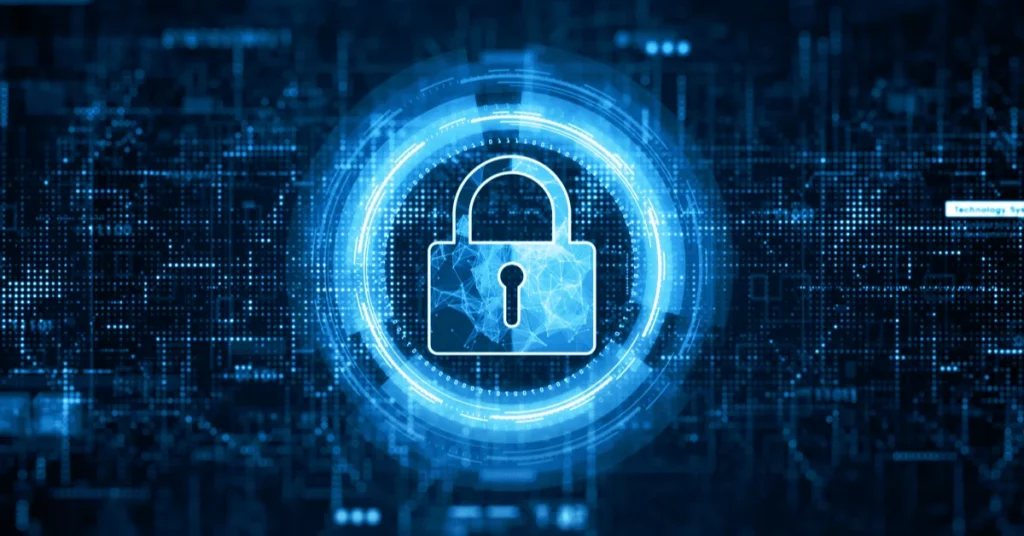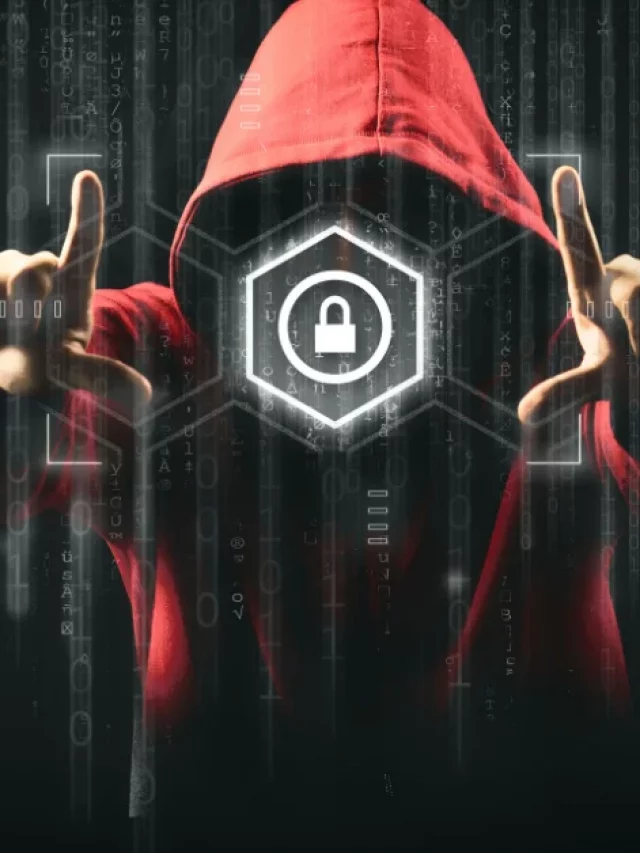Your online presence isn’t just for checking your Gmail or searching for a coupon, it’s also an open invitation for potential cybercriminals looking to infiltrate your accounts and steal personal information. Hackers target everyone from small businesses to Fortune 500 companies alike in hopes of finding a weak link that can eventually be exploited. But beyond the obvious security measures like using strong passwords, not clicking on strange or untrusted links, etc., what other precautions do you need to take? Here are 5 practical tips you can implement today to better protect yourself from hackers on the web.
Don’t Use the Same Password As Everyone
This may sound like a no-brainer, but many people still reuse the same password across all their accounts. This can leave you vulnerable to identity theft and other cybercrimes. It makes more sense to have a unique password for each account and avoid the urge to reuse the same one across different sites.
Update Your Software
If you have a lot of online accounts and other sensitive information, it’s best to keep your software and operating system up to date. It’s important to note that not all updates are created equal, so be sure to understand the risks associated with each update and which ones you should be updating. If you’re not sure which updates you should be installing, it’s best to leave them until you’re sure.
Secure Your Network

Naturally, the most important thing you can do to protect yourself from hackers is to secure your network. This may sound obvious, but many people don’t take the time to do this. It can be as simple as not allowing all of your network ports to be open, or using a strong password (and making sure your router has password protection turned on). It’s important to keep in mind that most online threats don’t come from inside the home, so don’t overreact to a few strange occurrences.
Stay Alert and Educated on Security Issues
Be aware of the latest news and cyber threats, and don’t be afraid to learn more about them. You can actively follow the latest security issues and even get involved in community discussions or offer your own advice, which can help you stay up-to-date with new developments. It’s also important to keep yourself aware of the potential implications of your online actions. You may have a habit of browsing through personal photos and posts, but you probably don’t realize that doing this could leave you open to cyber threats. Stay on guard and make sure you understand what you’re doing when you’re online.
Encryption Is Important Too
Encryption is a key security feature that helps protect online communications between your browser and website. Websites that support this feature will use a special code to transfer data across the Internet, and hackers won’t be able to intercept the message. This can prevent your information from falling into the hands of cybercriminals. Encryption works well when both ends of the connection use an encryption-enabled tool and the website actually supports it. Unfortunately, not all websites have this feature enabled, so you may have to be more diligent in browsing links and checking emails.
Conclusion
Your online presence isn’t just for checking your Gmail or searching for a coupon — it’s also an open invitation for potential cybercriminals looking to infiltrate your accounts and steal personal information. Hackers target everyone from small businesses to Fortune 500 companies alike in hopes of finding a weak link that can eventually be exploited. But beyond the obvious security measures like using strong passwords, not clicking on strange or untrusted links, etc., what other precautions do you need to take? Here are 5 practical tips you can implement today to better protect yourself from hackers on the web.
See Our Story Hare:
Article Code: BD131INN





